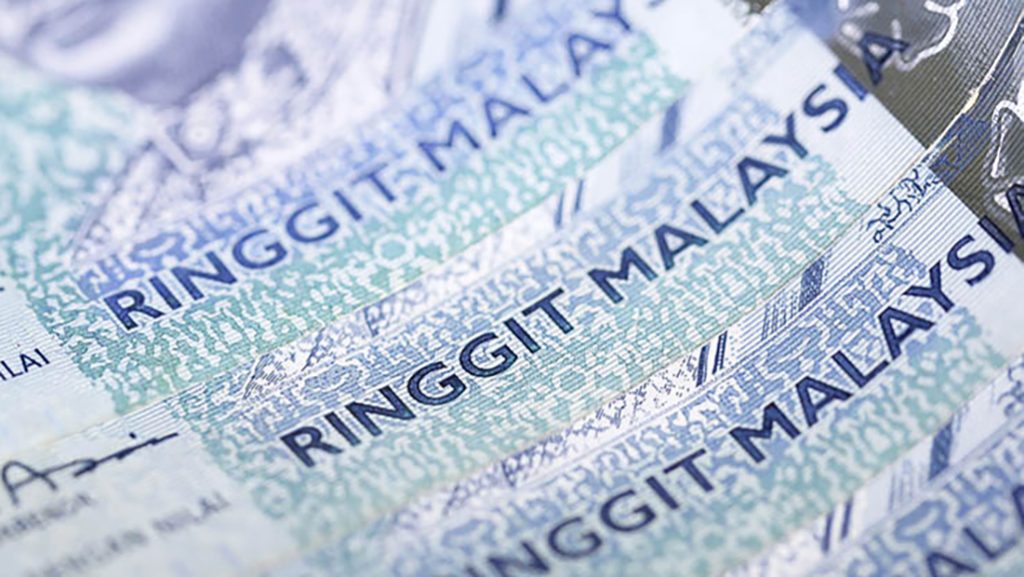
KUALA LUMPUR — The ringgit rebounded on Tuesday, snapping a two-day losing streak as it strengthened against the US dollar, other major currencies and ASEAN peers, buoyed by optimism over Malaysia’s economic growth prospects.
At 6pm, the ringgit appreciated to 3.9295/9360 against the US dollar, up from 3.9440/9500 at Friday’s close, as trading resumed following the market closure yesterday for Thaipusam and Federal Territory Day public holidays.
On Monday, S&P Global reported that Malaysia’s headline manufacturing purchasing managers’ index (PMI) climbed to a 20-month high of 50.2 in January 2026, up from 50.1 in December 2025, marking the third consecutive month of improvement in the manufacturing sector’s health.
Bank Muamalat Malaysia Bhd chief economist Dr Mohd Afzanizam Abdul Rashid noted that the PMI increase suggests businesses have been benefitting from lower input costs, supported by the stronger ringgit.
“The persistent appreciation of ringgit reflects confidence that the Malaysian economy would be able to record respectable growth this year.
“Thus, the traders and investors remain constructive on ringgit today, with the currency gaining 0.41 per cent,” he told Bernama.
Mohd Afzanizam also said the local note continues its upward trend against the US dollar despite better-than-expected US economic data.
According to the US Institute for Supply Management (ISM), the US manufacturing PMI rose to 52.6 points in January from 47.9 in December 2025, exceeding consensus estimates of 48.5 points.
“This would mean that the odds of an interest rate cut in the US remain low as improved business sentiment aligns with the Federal Reserve’s assessment that economic activity is expanding at a solid pace,” he said.
At the close, the ringgit traded higher against other major currencies, it gained versus the Japanese yen to 2.5210/5253 from 2.5562/5603, appreciated vis-à-vis the British pound to 5.3704/3793 from 5.4163/4245 and climbed against the euro to 4.6341/6417 from 4.6957/7029 at Friday’s close.
The local note also traded higher against its ASEAN peers.
It strengthened vis-à-vis the Singapore dollar to 3.0919/0973 from 3.1077/1127, advanced versus the Thai baht to 12.4584/4845 from 12.5250/5544, firmed against the Indonesian rupiah to 234.5/235.0 from 234.9/235.4, and rose against the Philippine peso to 6.67/6.68 from 6.69/6.71 previously. — BERNAMA
The post Ringgit snaps two-day losing streak on optimism over Malaysia’s economic growth appeared first on The Malaysian Reserve.






















